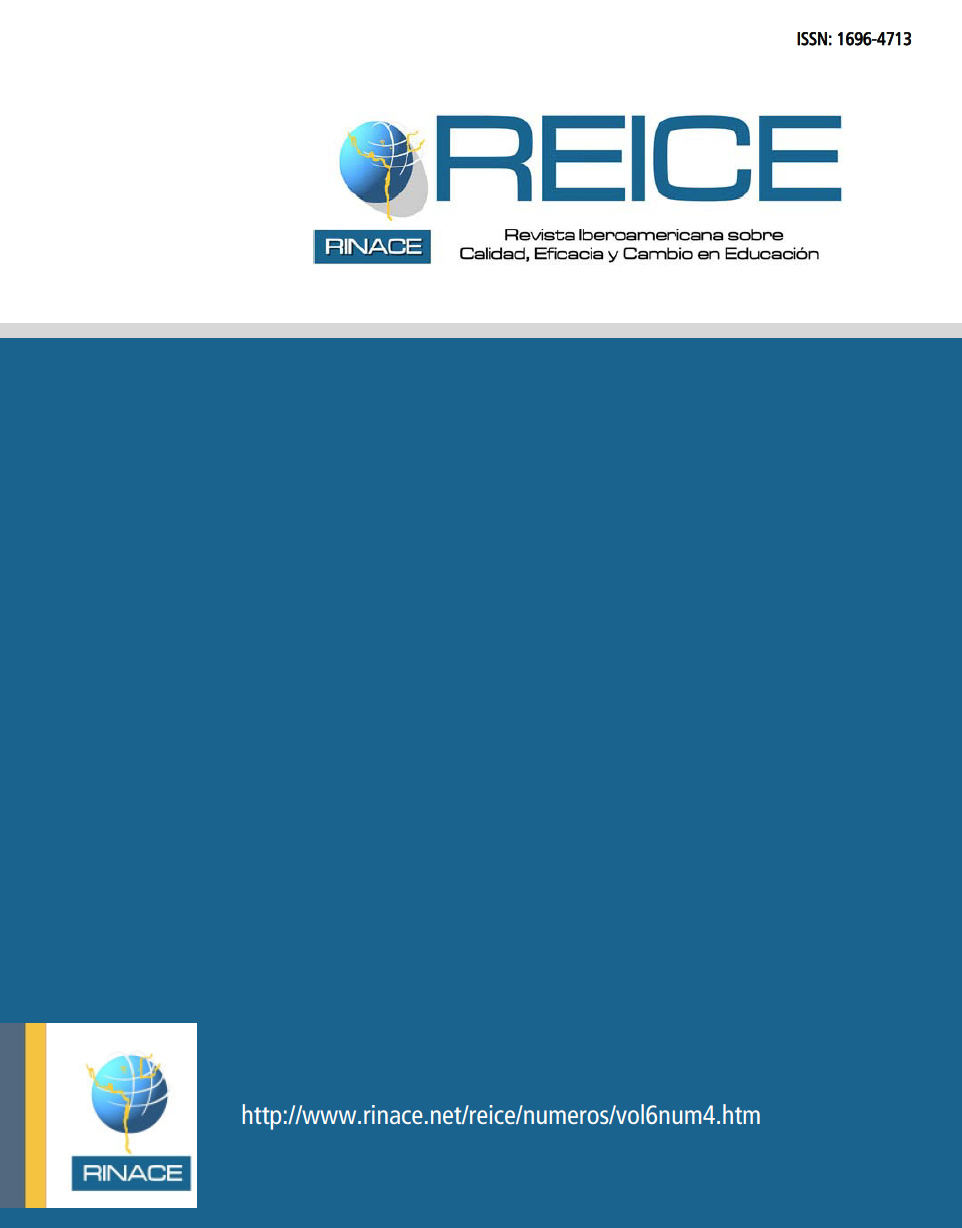Democratic Citizenship Education and the State in Latin America: A Critical Overview
Keywords:
Quality, Effectiveness, Change, Improvement, Equity, InnovationCopyright (c) 2016 REICE. Iberoamerican Journal on Quality Effectiveness and Educational Change

This work is licensed under a Creative Commons Attribution-NonCommercial-NoDerivatives 4.0 International License.
Abstract
Since the political transitions and economic reforms of the 1980s, and especially since the end of the 1990s, Latin American states have been active in revising programs for civic education in order to create a more broadly democratic political culture. Yet what does this democratic citizenship education consist of? What kind of citizen, for what kind of democracy? And how does the State, primarily through its ministries of education, but also in concert with a variety of national and international organizations, use schools to form democratic citizens? This article undertakes an initial conceptual mapping of the complex, ever-expanding landscape of democratic citizenship education in Latin America. The article begins by surveying the policy environment, as well as the organizational and institutional landscape that drives programs in democratic citizenship education. It then moves on to a content analysis of major programs, documents, and policies, in order to examine definitions and assumptions about “democracy” and “citizenship education for democracy.” Finally, the article briefly examines pedagogical and structural-administrative issues, noting how democratic citizenship education often posits changes in the forms of policy making, school governance, school-community relationships, or student-teacher relationships.
Downloads
References
Anderson-Levitt, Kathryn, Ed. (2003). Local meanings, global schooling. New York: Palgrave Macmillan.
Arnove, R. (2006). La educación en América Latina: Dependencia, subdesarrollo, y desigualdad. En X. Bonal(Ed.), Globalización, educación y pobreza en América Latina: Hacia una nueva agenda política? Barcelona:Fundación CIDOB. Levinson, B.A.U. (2007). “Forming and Implementing a New Secondary Civic Education Program in Mexico.”In E. Doyle Stevick and B.A.U.
Levinson (Eds.), Reimagining civic education: How diverse societies form democratic citizens. Lanham, MD: Rowman and Littlefield. pp. 245-270.
Levinson, B.A.U. (2005). Programs for democratic citizenship education in Mexico’s Ministry of Education: Local appropriations of global cultural flows. Indiana Journal of Global Legal Studies 12(1), pp. 251-284.
Levinson, B.A.U. (2004). Hopes and challenges for the new civic education in Mexico: Toward a democratic citizen without adjectives. International Journal of Educational Development 24(3), pp. 269-282.
Tedesco, J.C. (2006). La integración social y los nuevos procesos de socialización: Hipótesis de trabajo. En X. Bonal (Ed.), Globalización, educación y pobreza en América Latina: ¿Hacia una nueva agenda política?Barcelona: Fundación CIDOB.
Westheimer, J. y Kahne, J. (2004). What kind of citizen? The politics of educating for democracy. American Educational Research Journal 41(2), pp.237-269.Revista Electrónica Iberoamericana sobre Calidad, Eficacia y Cambio en Educación.Vol 5, No. 4, pp. 16-31.31
